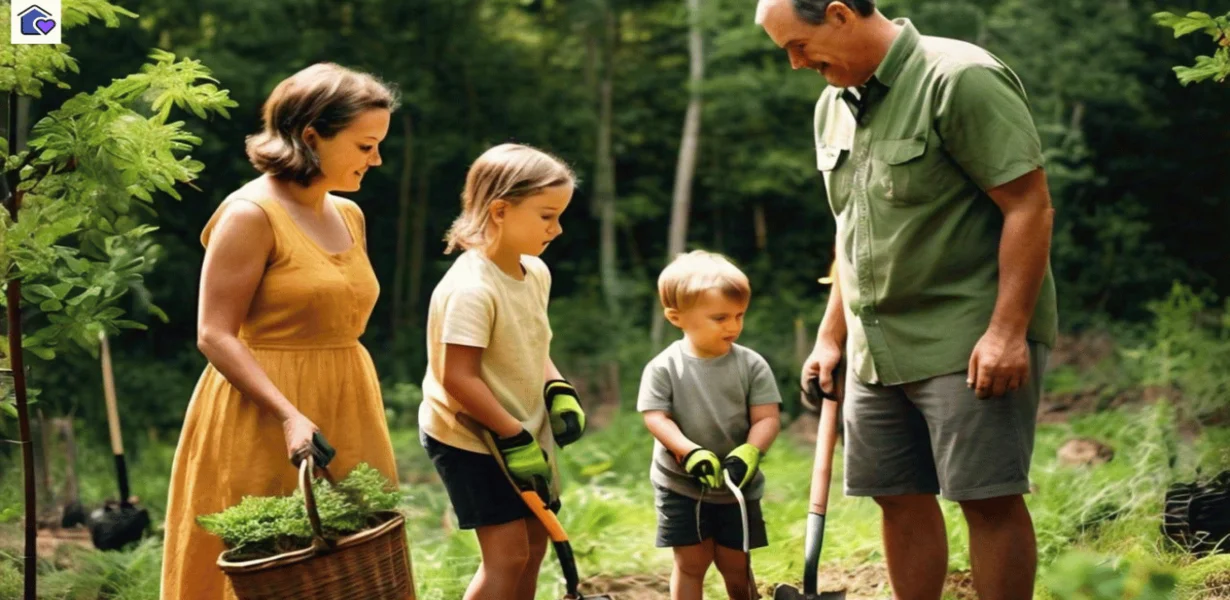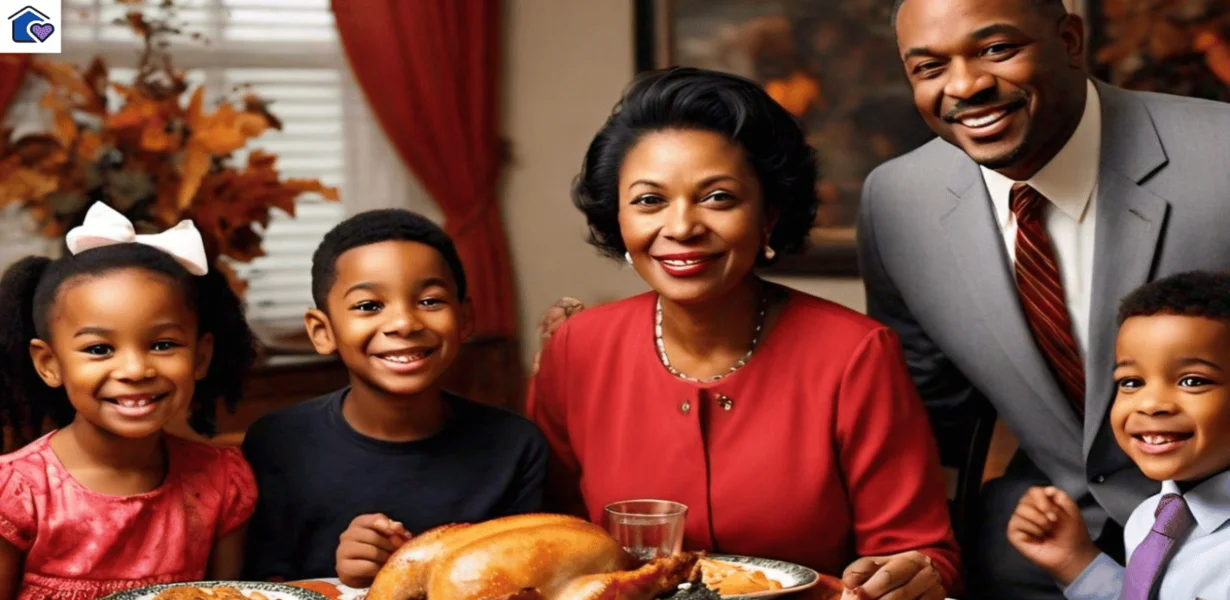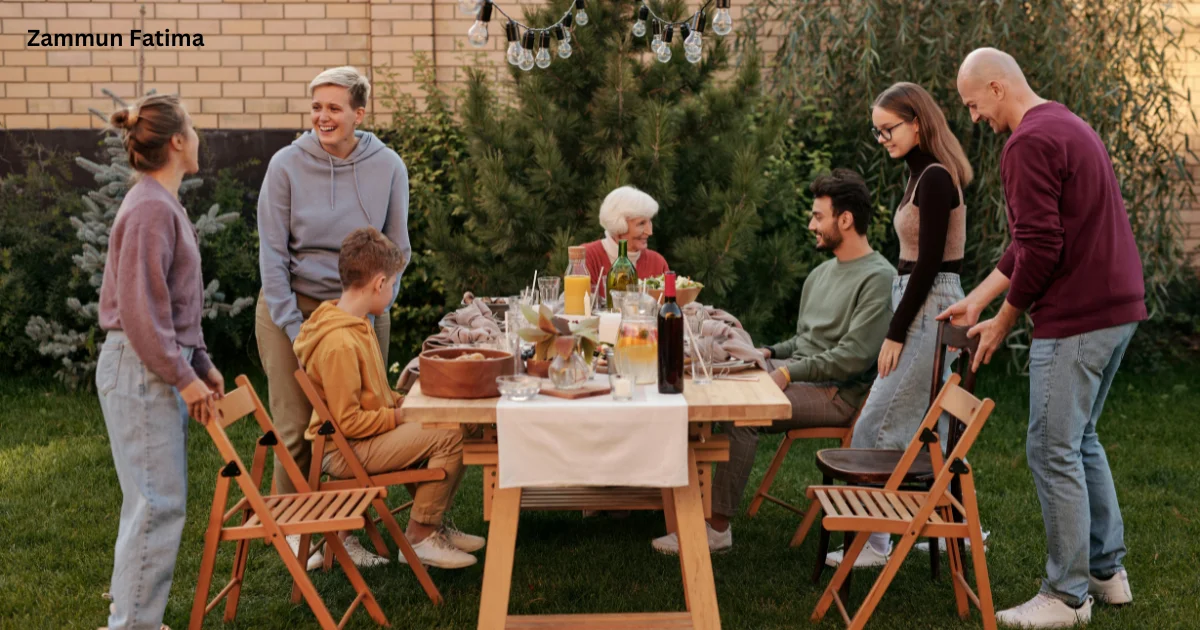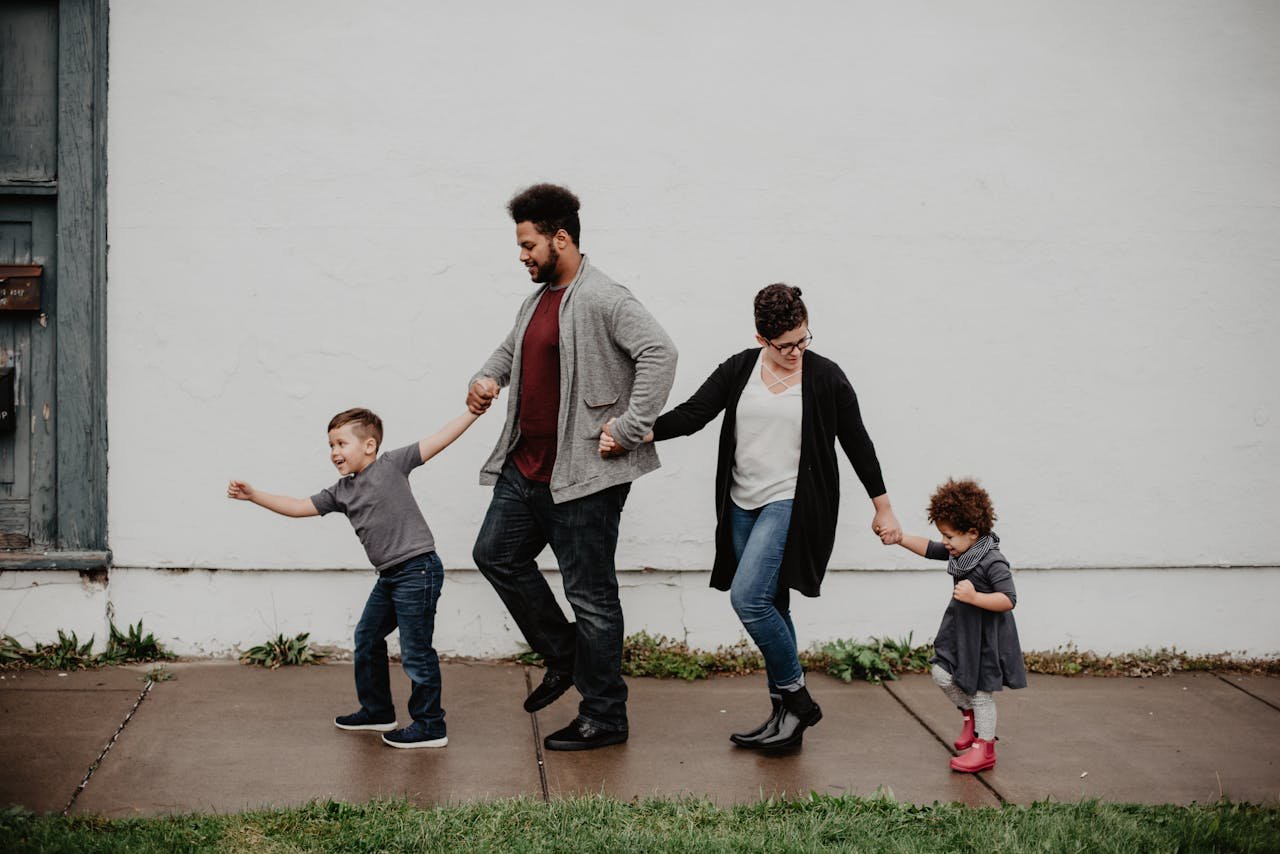Creating Family Traditions: Revealing 4 Secrets To Build Strong Family Traditions
Family traditions are the threads that weave together the tapestry of our lives, providing steadiness, luxury, and valued memories across generations. Whether it’s a simple Holiday brunch table or an elaborate annual vacation, these traditions play a key role in building strong family bonds and developing a sense of belonging. In this article, we will discuss the importance of family traditions and highlight a hands-on understanding of establishing and maintaining them.
Family Traditions: Revealing Secrets of Family Traditions
Family traditions serve multiple purposes in the fabric of family life:
Building Character and Belonging: Traditions establish a unique identity for the family, presenting a sense of continuity and belonging that helps family members recognize who they are and where they come from.
Strengthening Bonds: Regularly practiced traditions allow family members to connect emotionally, developing stronger relations and understandings among them.
Creating Lasting Memories: Many of our loving memories relate to our traditions, whether it’s the annual holiday gathering or a special bedtime story-listening routine with grandparents.
Passing down Values: Traditions often carry with them the standards and principles that families hold valued, wishing these principles to be passed down from one generation to the next.
Steps to Create Meaningful Family Traditions
Creating and maintaining family traditions does not require any special planning or resources; what matters most is the purpose behind them and the consistency with which they are practiced. Here’s how you can establish meaningful family traditions:
Identify Shared Interests and Values: Begin by identifying activities or values that resonate with all family members. It could be something as simple as a love for nature walks or a commitment to volunteering together.
Start Small and Build Over Time: Traditions don’t have to be grandiose from the outset. Start with small, manageable activities that can grow and evolve. For instance, a weekly movie night or a monthly game tournament can become cherished traditions.
Make it Regular: Consistency is key to establishing a tradition. Whether it’s a daily, weekly, or annual event, make sure to schedule it and stick to it as much as possible. This predictability adds to the comfort and anticipation associated with the tradition.
Involve Everyone: Encourage active participation from all family members, regardless of age or role. Everyone should feel valued and contribute to the tradition in their way, whether it’s through planning, preparation, or active engagement during the activity.
Be Flexible and Open to Evolution: While traditions provide stability, they should also have room to evolve with changing circumstances and interests. Allow traditions to grow organically and adapt to the shifting dynamics of your family over time.
Celebrate Milestones and Seasons: Use holidays, birthdays, anniversaries, and seasonal changes as opportunities to create or reinforce traditions. These natural markers in the year can anchor traditions and make them even more special.
Document and Reflect: Capture memories associated with traditions through photos, journals, or scrapbooks. Take time to reflect on what each tradition means to the family and how it has evolved.
Examples of Family Traditions

Family traditions can take many forms, depending on your family’s interests and dynamics:
Holiday Customs: Whether it’s embellishing the Christmas tree together, introducing a Thanksgiving dinner, or lighting Hanukkah night-lights, holiday traditions are often acutely fixed and precious.
Regular Routines: From bedtime stories to family meals, daily habits can become soothing traditions that substitute linking and communication.
Seasonal Activities: In Spring we can plant a garden because it is the perfect time for growing plants, going apple picking in the fall, or can do skiing in winter, seasonal activities can become projected traditions that we can spend with our family.
Special Events: Celebrating successes: such as graduations or promotions, with a particular meal or outing can have a long-lasting effect on our minds. Hosting a beautiful wedding of our family members can also be considered as a special event.
The Heritage of Family Customs
As family dynamics grow and life presents its trials, traditions offer a calming force, a recap of shared values, experiences, and love. They create a reason of steadiness that bridges groups and runs a cause of comfort and joy during both happy and puzzling times.

Conclusion
In conclusion, the creation of family traditions is a cautious and ongoing process that requires creativity, agreement, and a genuine desire to foster meaningful connections. By identifying shared comforts, starting small, and developing consistency, families can figure out traditions that undergo and improve their lives for years to come. Whether simple or rich, these traditions serve as the threads that bind families together, creating a textile of shared memories and experiences that form the base of a strong and strong family unit.
More information about the family traditions and family members
Some other issues have to deal with family members and we do have information about family issues you can read the articles about a family from here and if you want to read more about family traditions you can visit here to read more about family traditions.


